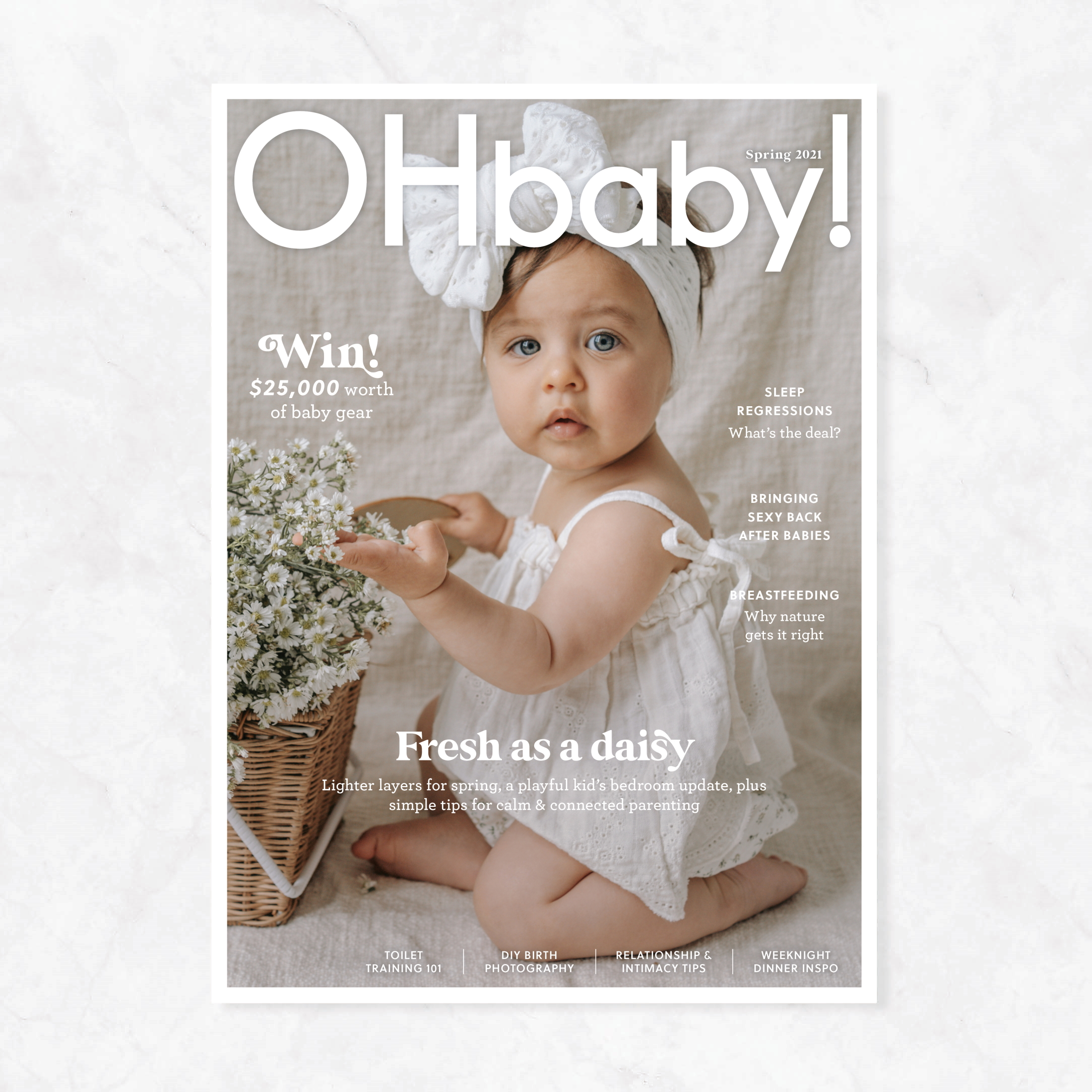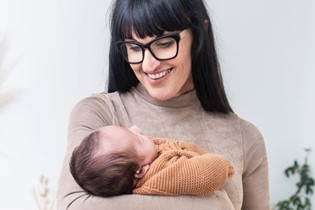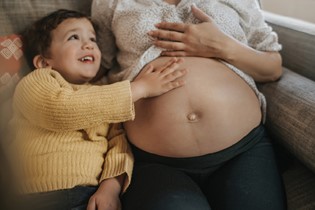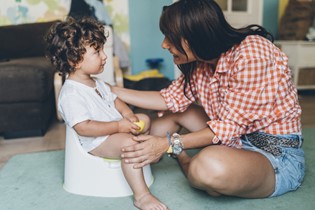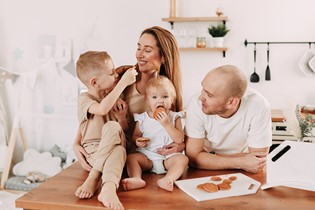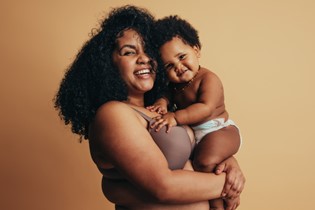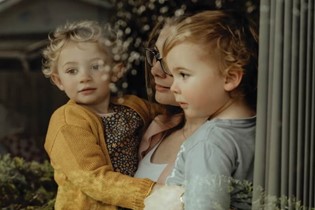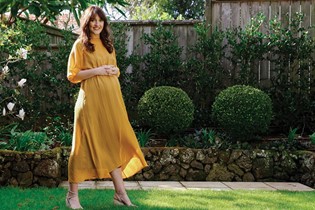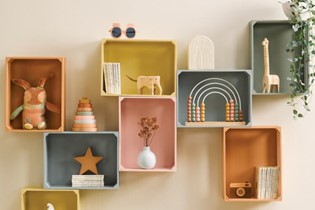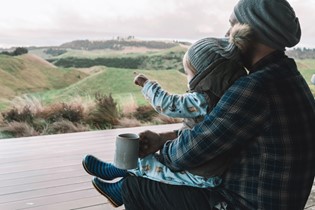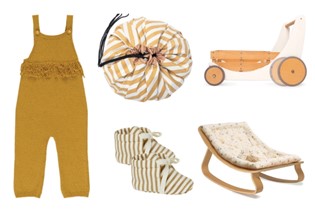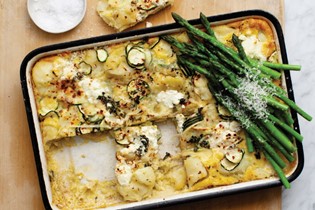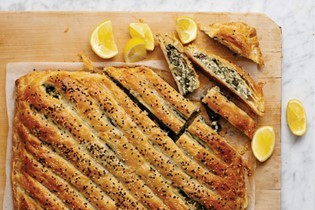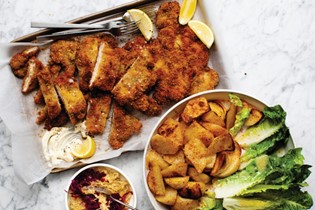What is a post partum doula and what do they do?
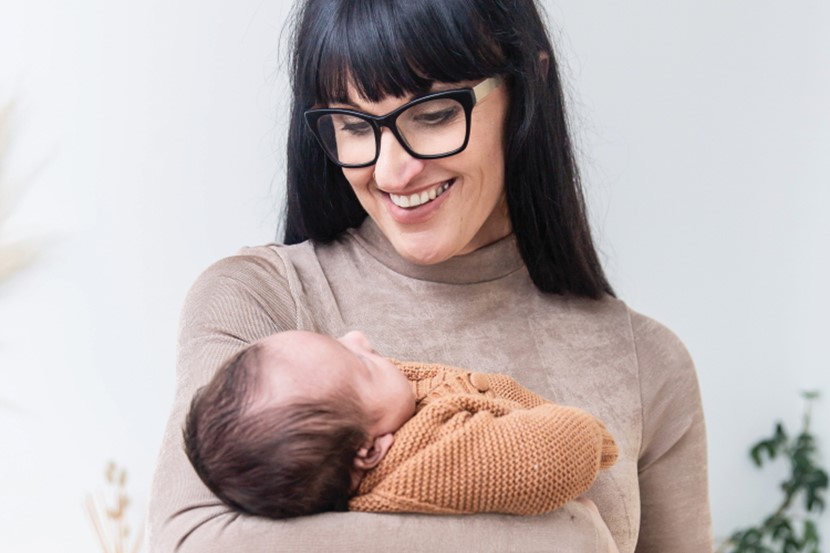
Postnatal educator Sarah Horne from Routachment talks about why the "beautiful and brutal" postparturm days need a little extra consideration.
We have antenatal courses and LMCs looking after us throughout our pregnancy and for five or six weeks postpartum, but then what? Pēpi Ora and Plunket are wonderful organisations for on-going care of bubs as they grow, but what about mama? In many countries, postpartum doulas are employed to support the mother through this massive adjustment, something that is gaining popularity here in New Zealand too. We speak to Sarah Horne, fighting the good fight and doing the mahi for new mamas in the Bay of Plenty.
Hi, I’m Sarah. I’m a postnatal educator and lead cheerleader in all things postpartum. I love new babies! Who couldn’t/wouldn’t/doesn’t adore those delicious potatoes that smell like sunshine dipped in candy floss. But there is something I love even more, and that is new parents – particularly mothers. Not unlike adolescence, 'matrescence' is a pivotal crossroads in a woman’s evolution. ‘The making of a mother’ is perceived to be so natural, based on mothers’ instinct and intuition; somehow intrinsically knowing how to meet the needs of your baby while remaining sane yourself. But there is very little support available to help in this transition, unless it’s the ambulance at the bottom of the cliff, picking up the broken pieces. My goal is to be that fence at the top – teaching, encouraging modelling, guiding, nurturing and loving on the new family as they discover their new normal for themselves.
There are some important differentiations to make in regards to engaging a doula (either for birth or postpartum). Your doula is not your midwife. Your LMC (lead maternity carer) is the first port of call always. Their advice supersedes the doula, never the other way around. Also, a doula must never offer medical advice. Not only are we not qualified to do so, but our opinions can be greatly weighted towards our own biases. We are an advocate and we work on mothercraft skills and strategies, but are not trained in midwifery.
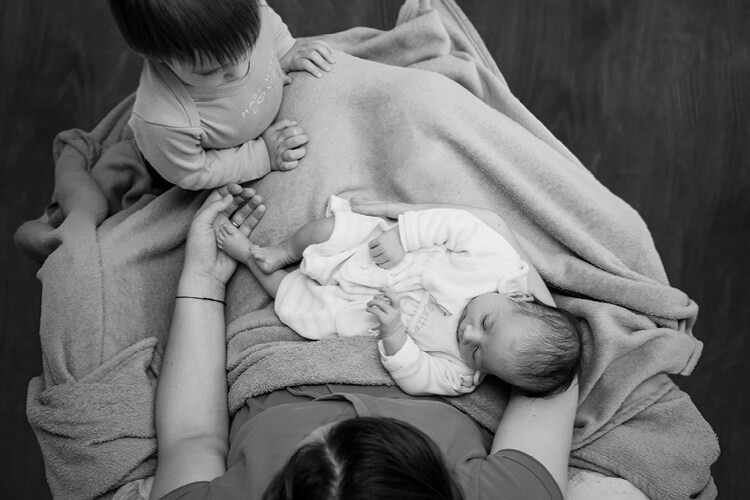
THE IMPORTANCE OF CARE CARE AND SUPPORT IN THE FOURTH TRIMESTER
New Zealand is a world leader in our antenatal and maternity care model. The LMCs I work alongside consistently go above and beyond for their clients. However, their client load doesn’t have the capacity or funding to go past the 5-6 week postpartum mark. Yes, our newborn mothers are referred on to services such as Pēpi Ora and Plunket, who are brilliant government-funded organisations, but they simply cannot provide the consistent one-on-one mentoring and coaching that is required, particularly for first-time parents. So who else IS available? Prescriptive books? Sharon from the coffee group? Going down the rabbit warren that is Google? Stop sister! This will not end well!
How about an expert in maternal and baby postpartum care and support? Someone who has access to experts, who is up to speed on current and best practice, and who is on call for you, both in-person and via messaging and calls? Not only have you changed physiologically, a huge mental shift has also taken place (often unexpectedly). Hormones are unregulated and the sleep deprivation you’re experiencing is a form of torture nothing can prepare you for. This is such a sensitive space to be thrust into. It requires the utmost trust, diverse approaches, a close relationship, and a honed skill set that adapts to both the parent and baby. This is where the role of a postpartum doula and educator comes into play. When it comes to how we can be a vital lifeline in this time of transition, and an advocate for the new family in such a tender season of life, it’s absolutely a case of ‘if you know, you know’.
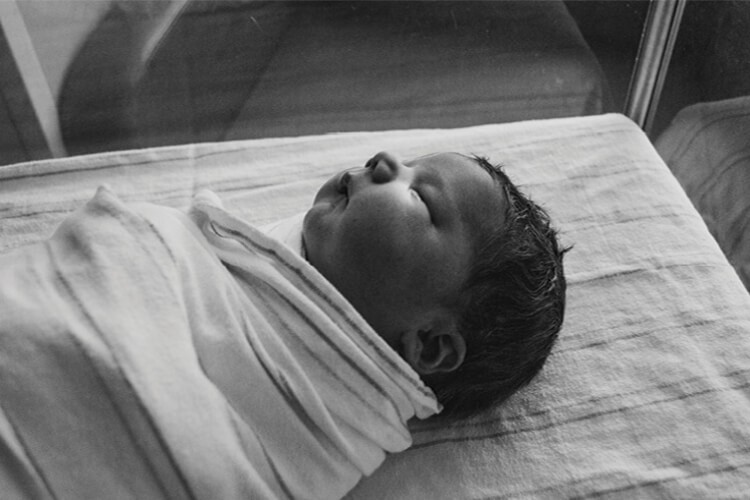
THE BEAUTIFUL AND THE BRUTAL
Birthing babies gives new parents the unique ability to break through polite, socially accepted small talk. It’s not uncommon to hear details being swapped of birth stories, postpartum recovery and feeding issues all before names are exchanged and oat milk flat whites are ordered at a mums' group catch up. It’s an extraordinary season and is both beautiful and brutal, all at once. At times though, it can feel like the blind leading the blind!
Here are some of the common issues a postpartum doula can help new parents with:
+ Infant growth
+ Milestones/developmental phases
+ Settling rituals
+ Epic nutrition
+ Returning to exercise
+ Feeding support and coaching
+ Expressing
+ Communication changes as well as expectations within couples' relationships (including bringing sexy back)
+ Sharing the load (both the physical and emotional/mental labour)
+ Referral to experts such as counsellors, chiropractic and osteopathic care, women’s physio and pelvic floor experts
+ Unpacking birth narratives
+ Coping with an unsettled baby
These evolve and change with each family we work with, as does the manner in which we tackle each issue. This is exactly why relationship is imperative at the core of our working relationship. I need to know you and you need to be able to relate to me and let me be a member of your village.
Due to Covid, I've also stepped in to be the ‘skilled sister/mother figure’ to women who thought, like many of us, that this virus would have run its course by now and their overseas family would be able to travel to be with them postpartum. There is a massive grief that often comes with this. In the last 15 months, I have been Canadian mom, English mum, Hungarian mama and South African momma to some of these women. I take this role seriously and it’s an honour to be given this position.
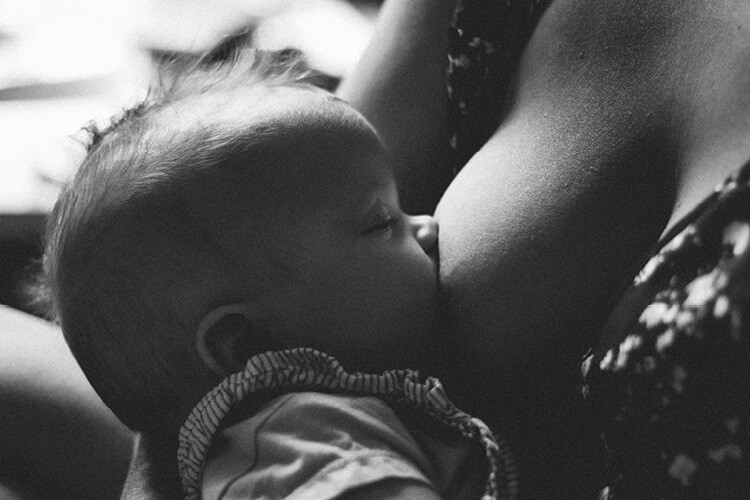
AN INVESTMENT WORTH CONSIDERING
The ‘village’ concept comes from a time where families lived and worked in close proximity. In most cases, one partner took the role of the breadwinner and the other ran the household alongside the village. Particularly in western culture, we have become far more insular and what goes on behind closed doors, stays there. Tragically, this has meant the opportunity for community and wrap-around care isn’t as prevalent. Also, people are more transient, living in another country or needing both parents to be working in some capacity to survive financially. In essence, the entire dynamic has changed. This doesn’t mean that the village has disappeared, it just looks different and needs to be created as it's not automatically there, existing and waiting patiently.
Before I engage in any sort of coaching with a client, we meet. That may not be in person if they are outside of the Bay of Plenty, but can be done via Zoom, FaceTime, messaging and WhatsApp. This is 100% obligation-free as we both need to feel that there is common ground and a connection that we can build upon.
There is a huge cultural and societal focus on pregnancy and childbirth which is 100% valid and our midwifery system is exemplary. It is when your LMC is no longer travelling with you that the rubber hits the road sometimes. Instead of throwing cash at devices, gimmicks and quick-fix programmes that can tally up to astronomical amounts, how about you make a smaller investment in a service?
A consistent, measured, listening ear with an arsenal of advice, who can come to your home or be at the other end of the phone, is priceless and an investment worth making. A doula is a close outsider who can see the bigger picture and identify challenges before they become an issue and empower you with a path-way forward that is solution-focused. They (alongside your partner) are your biggest cheerleader. (Pom-poms are optional but encouraged.) Whether it is your first baby or your fifth, a postpartum doula guides you gently in everything you didn’t realise you would need to know, and so much more.
WHAT ABOUT COST?
When a new baby has arrived, finances can be tighter than usual and paid parental leave needs to stretch as far as possible. Justifying a service like this can be challenging. Perhaps gym memberships go on hold and lunches out are paused? This would easily cover the cost of a postpartum doula/educator service. Typically, engaging a service like this would involve an in-home coaching session (which looks different each time, based on your wants and needs). There would be hard-copy notes and emailed follow-up links, a week of contact and 24/7 support (within reason). Something I love to do is provide an amazing meal and baking as well. Most clients commit to a number of sessions, equating to a month of full support.
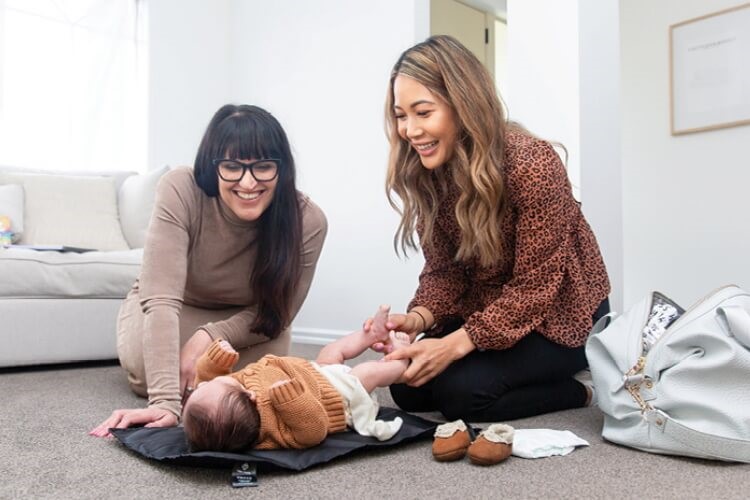
SARAH'S TIPS FOR POSTPARTUM CALM
+ If someone offers to do a meal train for you, please say yes! Basically, one key person (usually close to the birthing family) asks around as to who is interested/available to create a meal and drop it off for the first few weeks after the baby is earth-side. A roster is created and boom! No cooking for a few weeks! It’s a game changer!
+ If you invest in the 42 days postpartum, you set yourself up for the next 42 years.
+ Keep the pace slow, the expectations low, trust your intuition and always speak your needs and truth.
+ Let your partner learn the ropes and find a rhythm that suits them. If you constantly berate anyone for not doing things the ‘right way’ (aka your way), they are going to stop trying. Give them the same patience, encouragement and cheerleading that you’d love to be getting.
+ Set clear boundaries with visitors. Do this pre-baby and make it clear across the board to all friends and family. It might go something like this:
“Hey team! The countdown is on! We are full of excitement and nerves as to what’s ahead of us and we really want to thank you for your support to date. In saying that, we are also very mindful that we are on a steep learning curve and want to take our time with this as we adjust to going from two to three! We would love to stay in our ‘newborn bubble’ for around the first week. Then we would be stoked to have you visit. Please can these visits be arranged with (insert partner’s name) so that I can focus on learning the ropes as a new mama. If it’s not a good time for us, we are just going to say that so please know that it’s not a reflection of our love for you ... it's more about us adjusting to our new normal.”
Sarah Horne is a mum of two from Papamoa, and a qualified postnatal educator based in the Bay of Plenty. Find her at routachment.com or Facebook & Instagram @routachment.
Photo: Arna Kate Photography

AS FEATURED IN ISSUE 55 OF OHbaby! MAGAZINE. CHECK OUT OTHER ARTICLES IN THIS ISSUE BELOW
